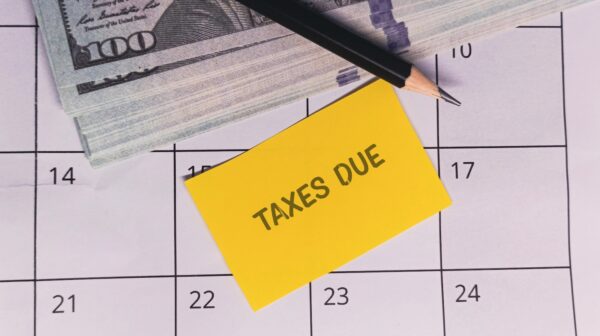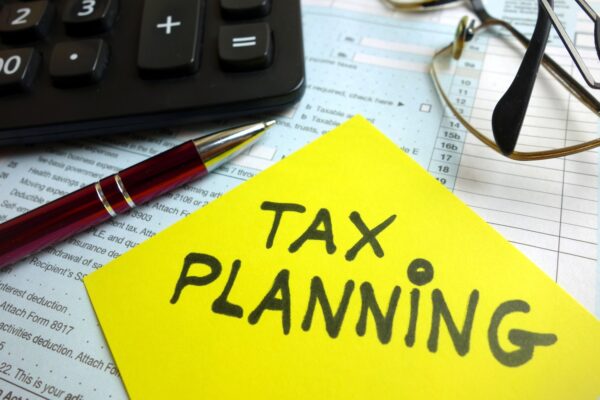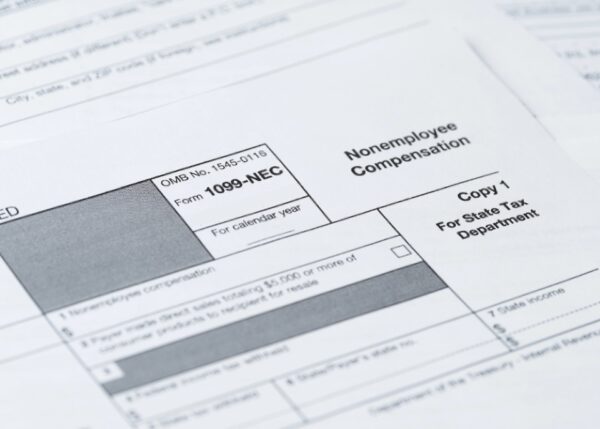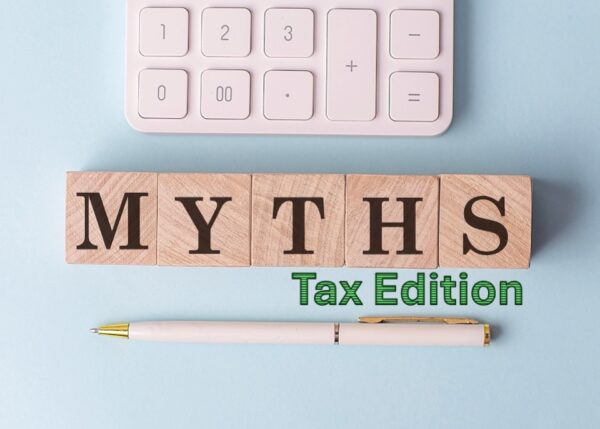Dentists are no strangers to misinformation. Patients walk in with something they read on the internet about whitening hacks or miracle cavity cures, and you have to set the record straight. The same thing is happening with taxes, only the consequences can be far more expensive.
The IRS recently sounded the alarm about a wave of misleading tax tips spreading on social media. These aren’t just minor misunderstandings; they can lead to audits, rejected claims, and stiff financial penalties. As James Clifford, Director of Return Integrity and Compliance Services, explained: “People who follow this advice could end up with rejected claims and a penalty of up to $5,000 in addition to any other penalties that might apply.” So far, the agency has imposed more than 32,000 penalties, costing taxpayers more than $162 million. That’s a high price to pay for taking advice from a TikTok video.
It’s easy to see how these schemes hook people. Who wouldn’t want to believe there’s a hidden credit that could reduce your tax bill? But just like those too-good-to-be-true dental “hacks,” tax shortcuts you see online can do more harm than good.
The Lure of Fake Deductions
The most common scams promise credits that most taxpayers simply don’t qualify for. A few of the recent offenders include:
- Fuel Tax Credit: This is real but reserved for very narrow uses like farming equipment or off-highway machinery. Most dentists driving to and from the office don’t qualify.
- Pandemic-Era Leave Credits: Any claims for sick or family leave credits expired well before 2025 and are no longer available to most taxpayers.
- Employee Retention Credit (ERC): Designed for businesses hit by pandemic-related disruptions, but it has also expired. There were so many people filing under questionable circumstances that the IRS permanently paused new claims.
- R&D Tax Credits: Unless you’re inventing new dental technology in your spare time, you are very unlikely to qualify for this credit. Practice improvements will not count as “research and development.”
- Charitable Deduction Scams: You must donate to IRS-qualified organizations to claim this deduction. Inflating donations or picking unqualified groups won’t fly, even if online promoters say otherwise. If you are unsure whether a nonprofit qualifies, we can help verify it for you.
For dental practice owners and associates alike, falling for one of these “strategies” doesn’t just delay your refund; it can also result in penalties that eat into your hard-earned income.
Why Dentists Are Particularly at Risk
Running a practice or working as an associate often means long hours and little time to dig into the fine print of tax law. It’s tempting to lean on what you see shared by colleagues or on social platforms. But what worked (or appeared to work) for someone else could land you in serious trouble. Just as every patient case is different, every tax situation is unique.
Another danger? Unscrupulous tax preparers. Some promise outsized refunds, but don’t sign the return themselves. This is a huge red flag that you might be working with a “ghost preparer.” If the IRS comes calling, you’ll be left holding the bag. Others may use your information for identity theft.
The Case for Professional Guidance
The reality is simple: tax law is complex, and dentists face unique challenges when balancing personal and practice-related finances. From equipment depreciation to managing associate pay, your situation is nothing like the “average” taxpayer’s. That’s why advice pulled from Facebook or a message board is more likely to cause problems than provide solutions.
When you work with a qualified CPA who knows dentistry, you get:
- Tailored advice that factors in your practice’s structure, your long-term goals, and your family’s financial picture.
- Protection from penalties that could far exceed any short-term gain from a dubious deduction.
- Accountability and peace of mind because your return is signed, accurate, and backed by someone who will stand by you if questions arise.
Stay Smart, Stay Safe
Just like patient care, your finances deserve expertise, not quick fixes. The internet may be full of “hidden” tax tips, but the only truly reliable path is working with a professional who understands both the IRS and the business of dentistry.
Don’t let misinformation eat away at your bottom line. If you’re unsure about a credit, deduction, or strategy you’ve heard about online, check with us before making a move. We are happy to help!




